7 Day Fasting Diet Plan
Water fasting is a practice that has been around for hundreds of years. It has grown in popularity as a quick way to lose weight. Some water fasting advocates even claim that it can cure cancer, help you live longer, and make your brain function better. However, health experts warn against the dangers of doing a 7 day water fast without supervision.
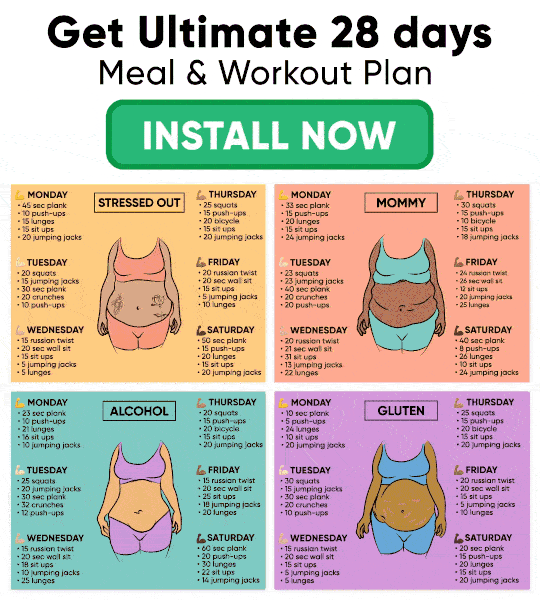
This article will cover everything there is to know about this practice. In addition to finding out what a 7 day fast is, you will learn how it works, who should not try it, the risks associated with water fasting for seven days at a time, and also some potential benefits.
What Is Water Fast?
As its name suggests, a water fast involves consuming no food but only water ( 10 ). Some variations of this diet allow unsweetened black coffee and green tea. This helps break the monotony of drinking plain water for a whole week. While on this fast, you're also allowed to balance electrolytes by licking pure pink Himalayan salt.
A 7-day fast is more extreme than other types of fasting, such as alternate day fasting and 2-3 day water fasts. While its extended period means you might reap more benefits, it also puts you at risk of more extreme side effects. This type and duration of fast should only be done under medical supervision.
How To Do A 7-Day Water Fast?
The goal of the long-term fast is to give your body a break and allow it to repair itself. It can be dangerous if done incorrectly and isn't safe for everyone, so consult with health professionals before attempting any fasting plan ( 5 ).
Long fasts can result in nutrient deficiency and other physical complications, but working with a medical team and knowing how to navigate the seven days can help you avoid these.

Preparation
The 48-36 hours leading up to the water fast is important to get your body and mind prepared for what is to come. Attempting a 16-hour overnight fast for the day or two before could give your body time to adjust and then reduce the intake of energy-intensive food.
What you eat before the fast can make or break how successful the next few days of fasting are, so be sure to choose wisely. Eating light, consuming whole food (fruits and vegetables), and avoiding having processed foods will allow your body to better capitalize on the benefits of fasting.
Read More: 5-Day Water Fast: How To Do It, Benefits, And Dangers
The Fast
What are the phases of a 7-day water fast? Here's what happens in your body during the fast.
Remember, introducing any foods at any point during the seven days triggers insulin release and effectively breaks your fast.
- At 12 hours – Around 12 hours fasting will put you into a state of ketosis, in which your body starts to break down and burn fat for energy ( 4 ).
- At 18 hours – By 18 hours, you've switched to fat-burning mode and are generating significant ketones, which replace glucose as your primary energy source.
- At 24 hours – At 24 hours, it is believed that your cells are recycling old components and breaking down misfolded proteins such as those linked to diseases like Alzheimer's. This process is called autophagy which starts immune system regeneration (1).
- At 48 hours – By the second or third day of fasting, your growth hormone level may have increased by up to five times.
- At 54 hours – By around 60 hours into water fast, insulin has dropped to its lowest level, and your body is becoming more sensitive to it.
- At 72 hours – By the 72-hour mark, your body will start breaking down and generating new immune cells.
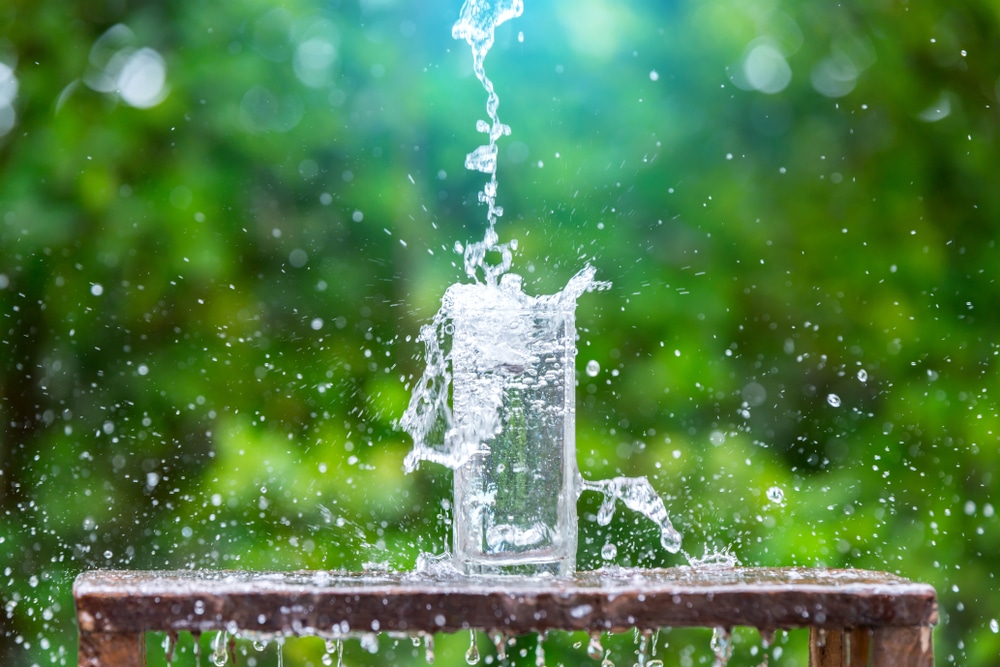
The Refeed
Knowing what to eat after a 7-day fast can make a lot of difference. Eating too much too soon puts you at risk of refeeding syndrome – a dangerous set of symptoms caused by rapid changes in electrolytes and water balance ( 14 ).
After a period of extended fasting, without supplementation, your magnesium, potassium, and phosphate stores are very low. As you start consuming food again, and your body starts processing macronutrients, especially carbohydrates, your body requires those same minerals to process the food. Eating a lot of food right away can cause a large drop in blood potassium levels and thus lead to serious complications.
Follow whatever instructions your doctor gives you, but a good rule of thumb is to take half the time of the fast to ease back into eating. So if you fast for seven days, you should take another 3-4 days to break the fast.
During the 3-4 days, break your fast with these foods:
- Fermented foods like unsweetened yogurt and kefir
- Clear bone broth
- Diluted vegetable juice without the pulp
After the first 3-4 days, eat a small refeed meal made up of a balance of carbohydrates, proteins, and fats. Some lean protein like salmon and well-cooked fibrous vegetables like broccoli would be ideal. This meal will help stabilize blood sugar levels and keep you calm.
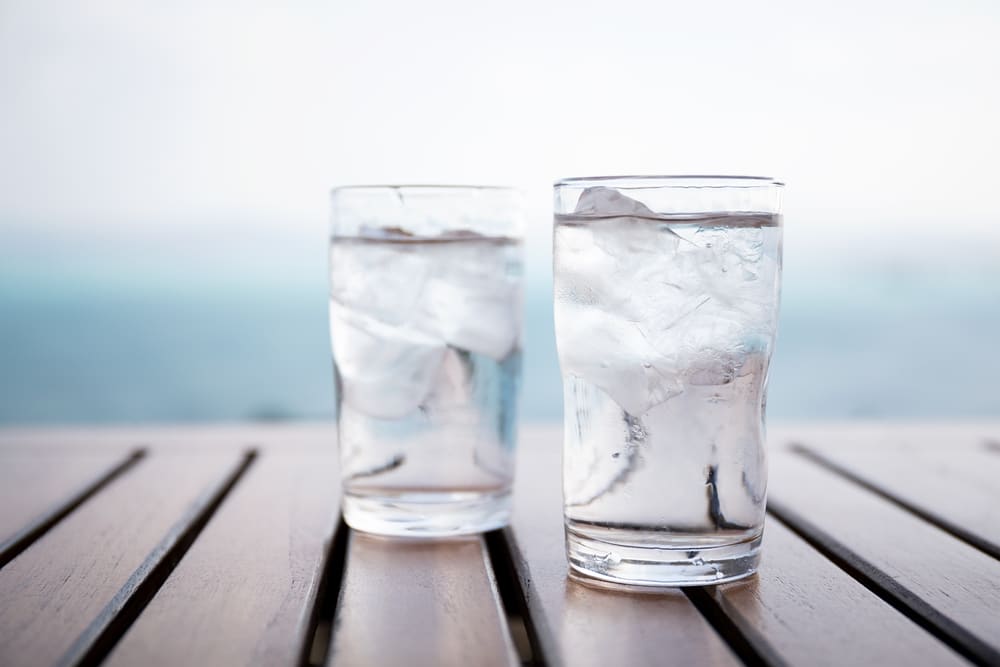
The Aftermath
Once the week is over, take some time to rest before consuming normal amounts of food. Start with small portions and gradually increase them to your normal consumption. When you do, eat whole foods (fruits and vegetables) and avoid highly processed foods ( 6 ). To keep off the weight loss, you'll also have to incorporate a workout routine of your choice ( 11 ).
Want to build an attention-grabbing bubble butt, blast away fat that's stored in all the wrong places, spring-clean your diet, turn back the clock on your skin, skyrocket your self-confidence and shatter your insecurities? Check out the BetterMe app and set this plan in motion!
What Are The Benefits of A 7-Day Fast?
Several studies have shown the following benefits of extended fasting:
Weight Loss
Some studies show that it can help you lose up to 1 pound per day. This is largely due to the restricted calorie intake that makes your body burn stored fat for energy ( 2 ). A good portion of that weight will be water, as you are first using up all of your stored glycogen, which releases water as it is burned for energy.
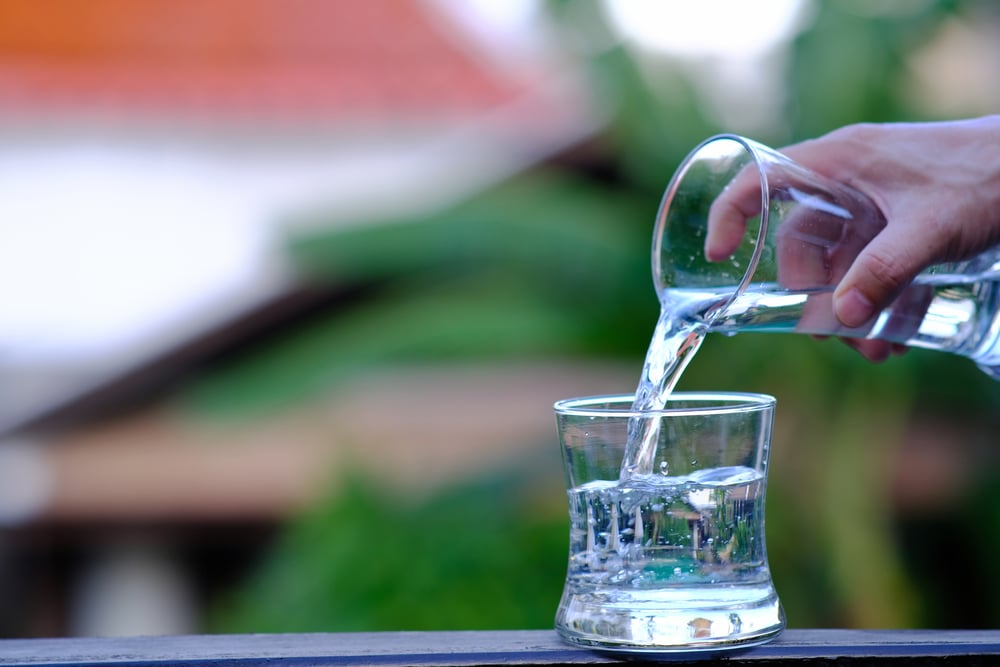
Autophagy (Rebuild Your Body)
Autophagy is a process by which your body breaks down old cells and organelles and rebuilds them as needed through natural cell death ( 1 ).
The effects of autophagy have been studied extensively in cancer patients during chemotherapy treatment ( 15 ). It seems that autophagy can be either pro- or anti-tumor, and that it can potentiate the cytotoxicity of chemotherapy drugs but has also been linked to drug resistance. Like with many interactions and processes that we don't yet fully understand, much more research is needed.
The potential benefits of autophagy are not restricted to cancer patients; some healthy people are drawn to the idea of self-renewal, thinking that it may help prevent aging and disease. It's mostly theory at this point, but autophagy and its relationship to fasting is an intriguing area for future research.

Regulate Insulin Levels
High sugar diets are notorious for their ability to raise blood sugar rapidly in some people, especially type 2 diabetics. This change in blood sugar levels is often followed by an insulin spike. Healthy individuals can also experience this, especially if they are dehydrated after just eating a meal or snack that contains simple carbohydrates like sugars and white flour products.
Fasting may help lower insulin levels and stabilize them. However, people with diabetes should not fast unless recommended and supervised by their medical doctor.
Read More: Bulletproof Coffee Fasting: Should You Say No To Keto Coffee When You're On A Fast

Liver Rejuvenation
Your liver needs a break now and then too, and doing a 7-day water fast might help you with that task. Some studies in animals show that intermittent fasting can be an effective way of helping your liver rejuvenate ( 7 ). The research on this subject is still in its infancy stages, so there isn't much more known about it just yet.
What Are The 7-Day Water Fast Dangers?
There are many potential side effects to a 7-Day Water Fast, including rapid heartbeat, dizziness, and fatigue. The two most severe side effects are dehydration and muscle loss/weakness.
When it comes to weight loss, progress is made by inches, not miles, so it's much harder to track and a lot easier to give up. BetterMe app is your personal trainer, nutritionist and support system all in one. Start using our app to stay on track and hold yourself accountable!
Dehydration
It might seem impossible, but you can be dehydrated while on a water fast, especially if the fast continues for an extended period. Dehydration can lead to dizziness, weakness, muscle cramping, disorientation, and more severe symptoms in extreme cases ( 13 ).
Electrolyte imbalances caused by the loss of bodily fluids during fasting are also possible side effects, and can be life threatening. Your doctor may recommend that you avoid this by taking an electrolyte supplement that contains potassium, calcium, and sodium.

Muscle Loss
Reversing muscle loss is one of the main concerns for those who are curious about how to do a 7-day water fast to lose weight. Muscle is very important for your body because it allows you to move and perform daily activities. It also helps you burn calories efficiently ( 8 ).
Theoretically, in a fasted state, the body should start burning fat for energy, but it will use up stored sugar first and also break down muscle tissue to turn the protein into glucose. The 7-day water fast weight loss will likely be at least some part muscle. Muscle loss is a major concern as it can lead to changes in the way your body looks and how much strength you have.
If you want to lose fat effectively and sustainably, a prolonged fast is not the answer.
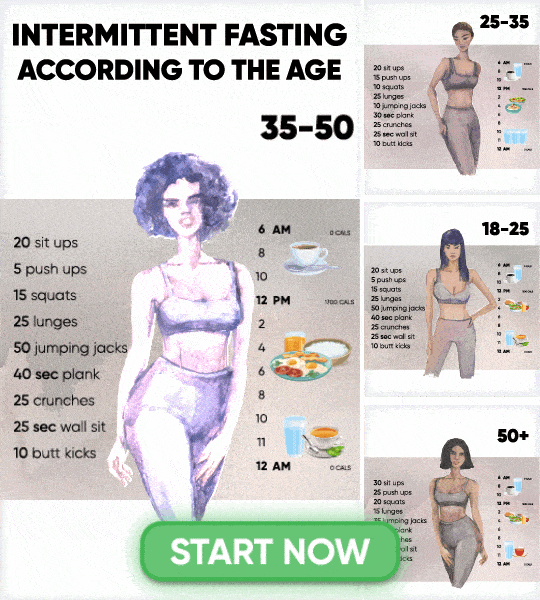
The Bottom Line
Short-term water fasting can be safe for healthy individuals under the right conditions. It claims to come with many health benefits such as disease prevention, mental clarity, and lower weight, although most of those are far from proven.
However, it can also be dangerous if not performed correctly or by those who have certain medical conditions. Fasting for seven days should only be attempted under supervision by a doctor, and those who have medical concerns or are trying to do the fast as an alternative diet should seek professional advice before beginning.
If you are interested in healthy meal plans, you may be curious about other methods of supporting your body health. Supplement a proper meal plan with some exercise and take up this 20 Min Full Body Workout at Home.
DISCLAIMER:
This article is intended for general informational purposes only and does not address individual circumstances. It is not a substitute for professional advice or help and should not be relied on to make decisions of any kind. Any action you take upon the information presented in this article is strictly at your own risk and responsibility!
SOURCES:
- Autophagy: cellular and molecular mechanisms (2010, ncbi.nlm.nih.gov)
- Calorie Restriction and Fasting Diets: What Do We Know? (2018, nia.nih.gov)
- Fasting: Molecular Mechanisms and Clinical Applications (2015, ncbi.nlm.nih.gov)
- Fasting: the history, pathophysiology and complications (1982, pubmed.ncbi.nlm.nih.gov)
- Fasting Therapy – an Expert Panel Update of the 2002 Consensus Guidelines (2013, krager.com)
- Healthy Eating for a Healthy Weight (2021, cdc.gov)
- How intermittent fasting changes liver enzymes and helps prevent disease: Research on mice reveals surprising impact on fat metabolism (2020, sciencedaily.com)
- Increasing muscle mass to improve metabolism (2013, ncbi.nlm.nih.gov)
- Intermittent fasting dissociates beneficial effects of dietary restriction on glucose metabolism and neuronal resistance to injury from calorie intake (2003, ncbi.nlm.nih.gov)
- Is fasting safe? A chart review of adverse events during medically supervised, water-only fasting (2018, ncbi.nlm.nih.gov)
- Physical Activity for a Healthy Weight (2020, cdc.gov)
- Physiology, Cortisol – StatPearls – NCBI Bookshelf (2021, ncbi.nlm.nih.gov)
- Public knowledge of dehydration and fluid intake practices: variation by participants' characteristics (2018, ncbi.nlm.nih.gov)
- Refeeding syndrome: what it is, and how to prevent and treat it (2008, ncbi.nlm.nih.gov)
- The Role of Autophagy in Cancer and Chemotherapy (2016, sciencedirect.com)
Source: https://betterme.world/articles/7-day-water-fast/
0 Response to "7 Day Fasting Diet Plan"
Post a Comment